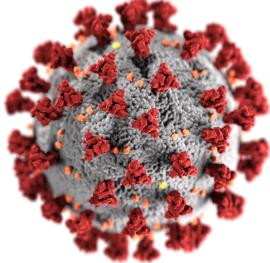2020-12-20
The WHO are referencing the PCR Tests that are in widespread use across the globe.
"WHO has received user feedback on an elevated risk for false SARS-CoV-2 results when testing specimens using RT-PCR reagents on open systems"
"As the positivity rate for SARS-CoV-2 decreases, the positive predictive value also decreases" - in other words if the positivity rate decreases (ie: we need more cycles to amplify a smaller original signal) then the incidence of false positive results increases.
"Therefore, healthcare providers are encouraged to take into consideration testing results along with clinical signs and symptoms, confirmed status of any contacts, etc" - ie: don't rely on the PCR Test as your sole means of determining whether a person is infected.
So there you have it - the PCR test at high amplification cycles is unreliable as a diagnostic tool.
Since the government has not set a public standard for the number of amplification cycles that the labs use, the only thing we can say about the lab test results in the UK is that they cannot be taken at face value.
As we have come to expect, Ivor Cummins was there first:
Like / Dislike this video here.
2021-02-21
It has come to my attention that the link to the original WHO article in this above article no longer works.
The WHO note of 20th January 2021 (exactly one month later) covers the same material.



